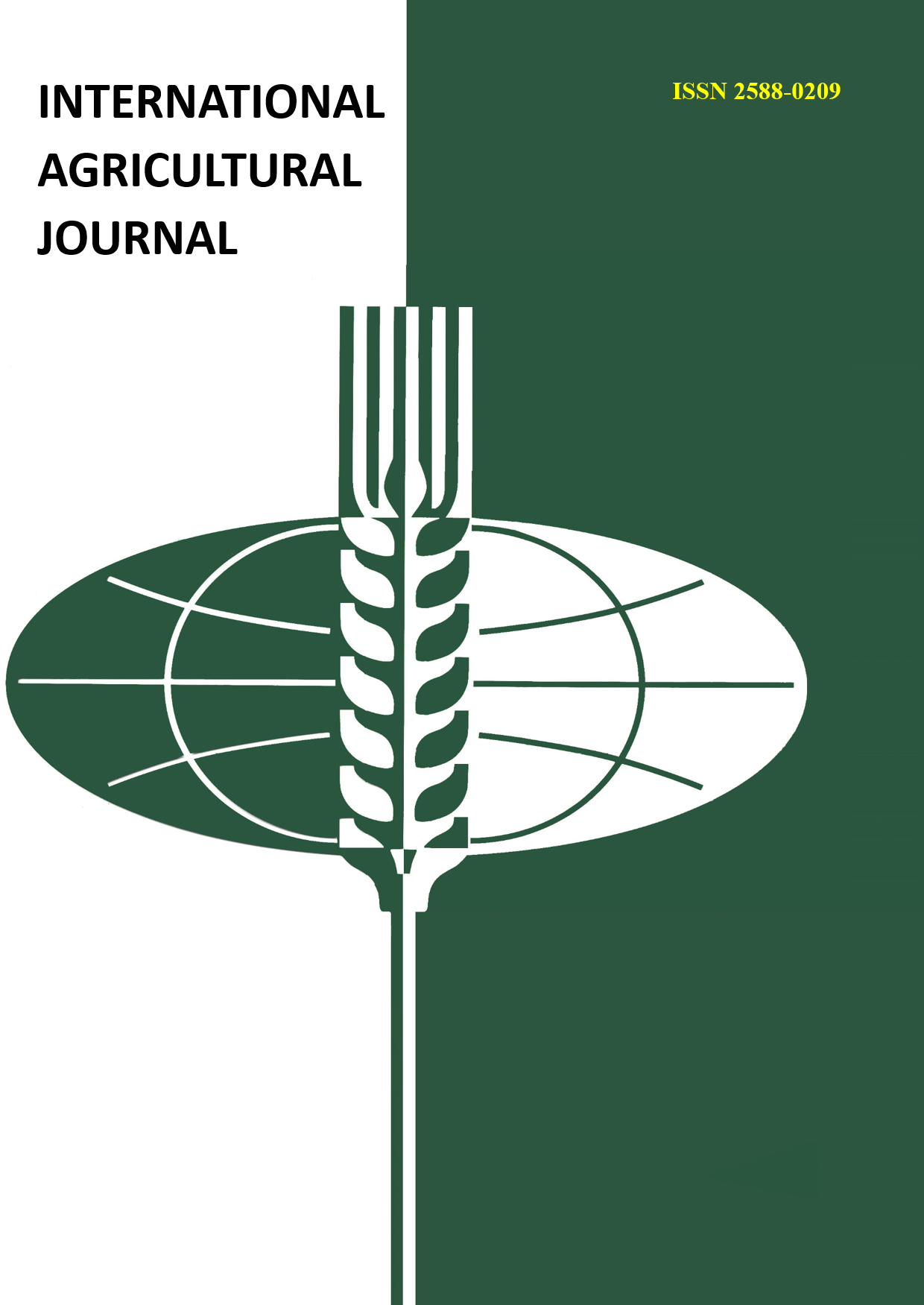The food security of mankind depends entirely on the capabilities of the agro-food system of our planet, which are influenced by negative climate change. The subjects of the agro-food system are forced to adapt to these changes. At the same time, it is not always possible to fully compensate for the negative climate dynamics without attracting targeted state support funds. A complex systemic task arises to develop strategies that combine and complement each other, both at the level of the manufacturer and at the level of state regulation of climate adaptation processes. For these purposes, it is necessary to develop an economic and mathematical toolkit adequate to the problem that describes the relationship in the system "climate‒agri-food system‒state regulators". This paper presents one of the approaches that contribute to a better understanding of these interactions using the apparatus of economic and mathematical modeling. Adaptation strategies to a changing climate are closely related to the ability of agro-food systems to allocate part of the gross product for improving the technological basis, the implementation of special technologies that limit negative climate effects. The tasks of the state regulator include financing infrastructure projects, as well as partial support for adaptive measures of agri-food systems. Thus, there are two control loops and the problem of optimal distribution of resources, the results of which depend on the severity of the climatic factor. This model was developed within the framework of the concept of system dynamics, that is, it makes it possible to describe the behavior of a complex system with a sufficiently high degree of abstraction from particulars. Such models are designed to study a qualitative picture of the evolution of a complex system under the influence of strategic level control actions and external disturbances. The study offers a brief description of the aggregated model, interesting results of the calculations, as well as the prospects for using it to assess measures for the low-carbon transformation of agri-food systems.
modelirovanie, izmenenie klimata, prognozirovanie, nizko uglerodnaya transformaciya, agroprodovol'stvennye sistemy, scenarii














